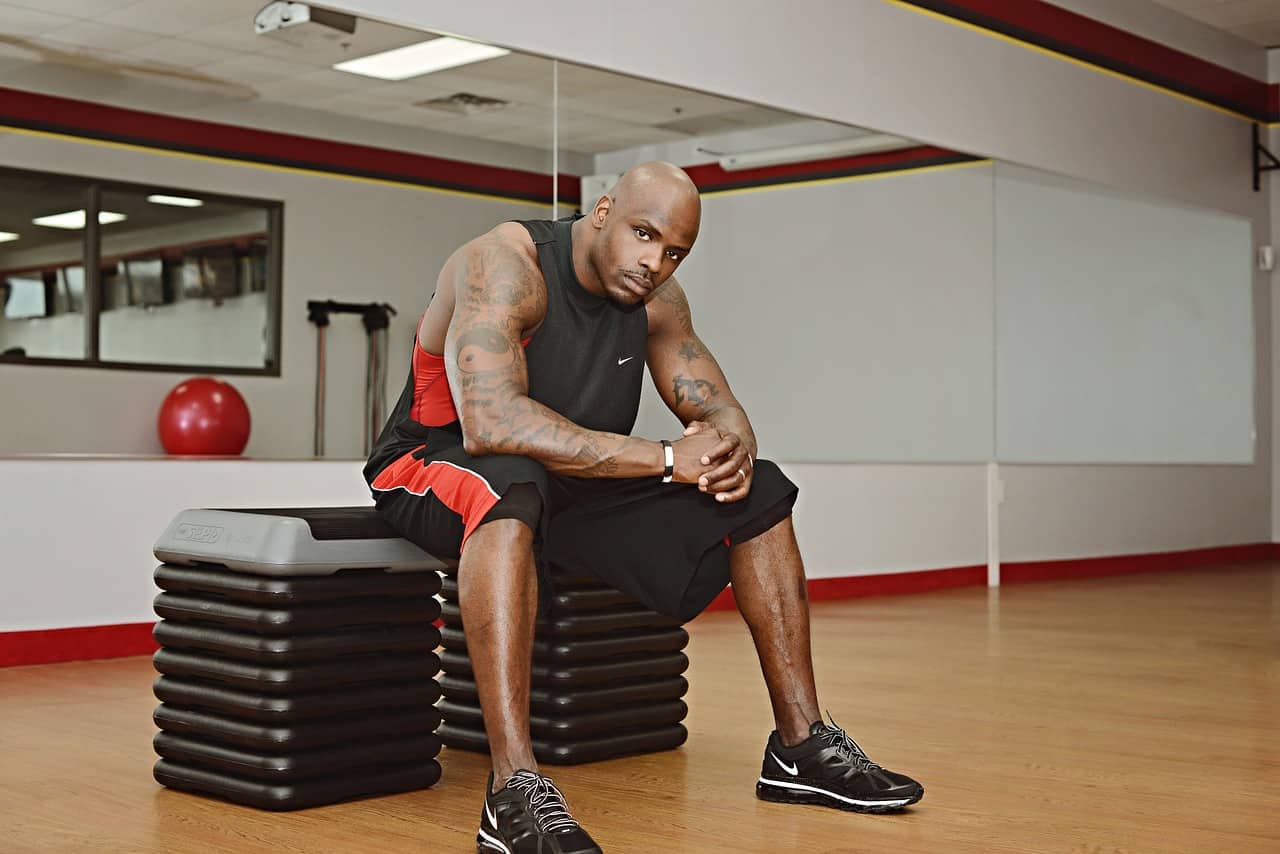The summer period always comes with its fair share of barbecues, night outs and farniente. And if you add the extra heat factor, it’s no wonder why a lot of people might be tempted to slow down their workout regimen or even call it quits abruptly and give it all up in one go. If the weather and time of the year doesn’t tend to affect your motivation levels, sometimes you might feel the need to reduce or stop working out because of an injury. Either way, you might think that just a few weeks off won’t affect your body in huge ways but in fact, the effects are pretty immediate so don’t let the dust settle down on your weights just yet!
To stay healthy and maintain your usual weight, being regular is key. Frequency and regularity are the two main factors but it’s not always easy when life and health issues get in the way. Longer periods of inactivity can have really long-lasting consequences on your body – consequences one shouldn’t neglect in order to stay healthy.
1. Gaining weight
First off, the impact on your muscle mass is immediate as muscle tissues will start diminishing after some time out, which also make our body to compensate the muscle loss by piling on the fat. Now, taking the odd week off a few times a year isn’t damaging as such and won’t make you having to rush out to the clinic for a liposuction so put too much pressure on yourself if you’re feeling run down and the need for a break – this is normal and you should feel entitled to without feeling guilty if the need arise.
2. Muscle loss
While one or two weeks off won’t make too much of a difference, specialists have discovered that taking five weeks off could lead to a 12% weight gain (fat cells only). The survey was lead by top specialists in the field in 2012 on a team of professional swimmers. After a month off, muscles will start shrinking and you will lose speed, strength and coordination.
3. Blood pressure
In 2014, another survey revealed that quitting exercising could lead to a significant blood pressure rise, in as little as two weeks. Working out is in fact one of the most efficient ways to reduce blood pressure in the first place. Within a month of sedentary lifestyle, your arteries will be back to where they were when you first started working out. These are scary statistics but the good news is that it doesn’t take long for your body to go back to where it was prior to your working out break so don’t sweat it too much if you do really have to stop for a few weeks.

